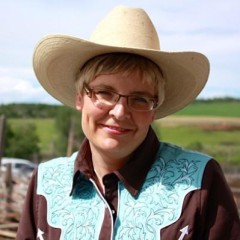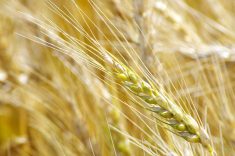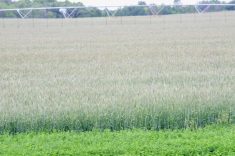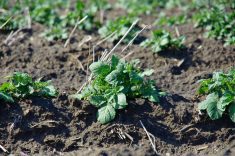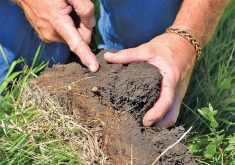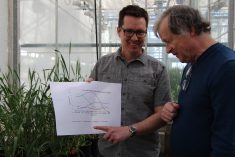Like a voice crying in the wilderness, Dwayne Beck has been beating the drum of soil defence as the foundation for a healthier farming system for decades.
To some, the longtime research manager of the Dakota Lakes Research Farm is a wise prophet and caretaker. For others, his message is radical and uncomfortable — something the well-known soil health expert does nothing to diminish.
“Eroding and degrading the soil should be the scariest thing you discuss,” Beck said at the recent Farming Smarter conference. “Never in history has all mankind knowingly approached such a disaster.”
Read Also
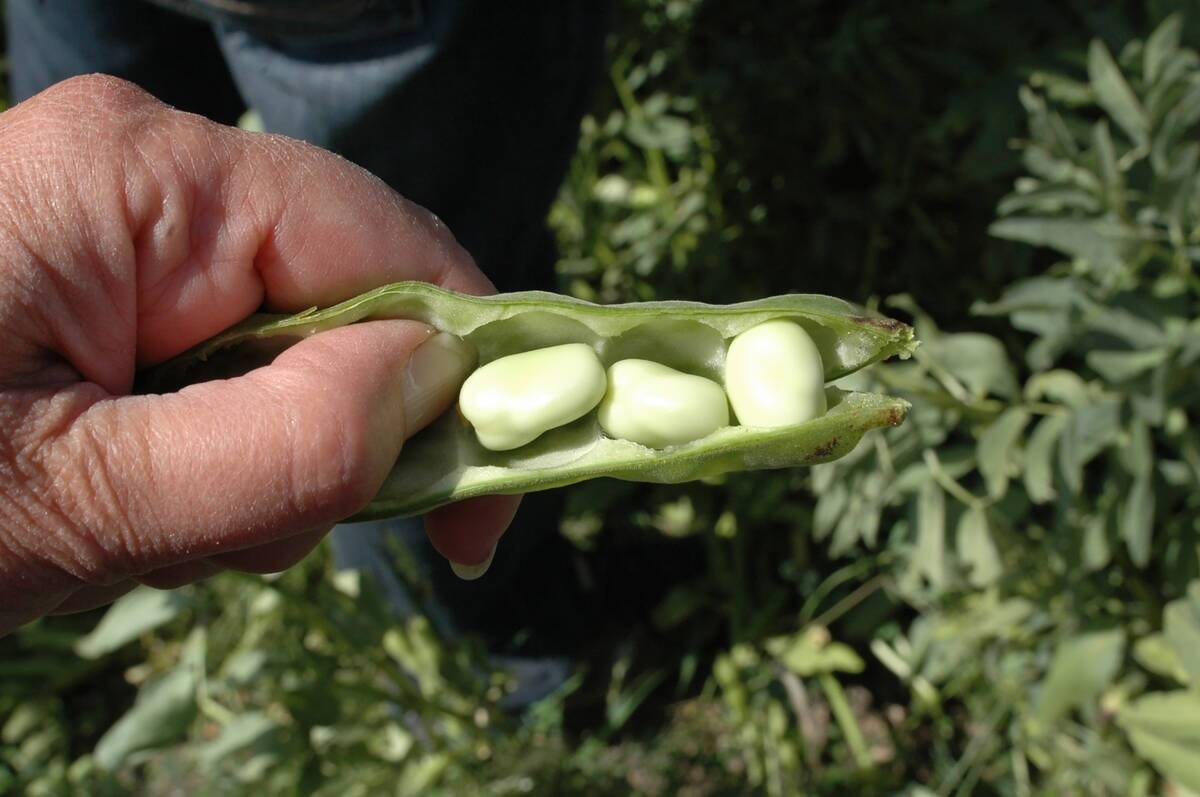
New crop insurer policy enables easier startup for faba beans
Agriculture Financial Services Corporation updated its normals for faba beans, which may open the door for more Canadian producers to feel comfortable growing the pulse crop in the future.
Beck told attendees that the landscape at his South Dakota research farm is very similar to southern Alberta, which makes their findings very applicable. When the farmer-owned operation was set up in 1990, board members were all tillers — now none of them are. That move and other soil health practices have made a dramatic difference, he said.
Because of the irrigation once common around Dakota Lakes, one of the first research priorities was keeping water from running off the fields. Now, Beck said, you can put on two inches of water in nine minutes and walk right behind the irrigators and not get muddy boots.
Water penetration and retention is so good, many farmers in the area no longer use costly irrigation and have gone back to dryland farming.
That is the sort of result that has earned Beck fans across North America, including in Alberta.
Foremost-area farmer Brian Hildebrand, who introduced Beck, said it’s all about having a ‘brain transplant’ as you look at the process of farming differently, and much more holistically. Beck used the phrase ‘transformational change’ and reminded listeners the light bulb did not come from making candles incrementally better.
He challenged attendees to look at their operation with new eyes.
For example, when they see ditches full of water in spring, farmers should be thinking about how they could have held that water in their fields instead of allowing it to run off.
Beck also advocates for a ‘catch and release’ approach to nutrients, so they won’t get away either. Fertility management, he said, is about ensuring nutrients and moisture are available when roots can take them up and put them to use.
Crop diseases and weeds, including weed resistance, should be seen as nature’s way of adding diversity to a system using tight rotations, said Beck, a strong proponent of cover crops. Dakota Lakes now implements cover and dual cropping systems to battle weeds in a natural way. That diversity also encourages a variety of natural predators such as insects, he said, adding Dakota Lakes has not used any broadcast insecticides for 16 years.
His definition of no till is not so much an absence of tillage, as it is managing soil, water, and soil structure to produce a crop which is healthy, rather than one that doesn’t get sick.
Beck’s big message was the need to take the ‘long view’ of working with the land.
He said native peoples looked ahead seven generations when making decisions, before adding that limited tenure and short-term goals of governments hamper long-term thinkers.
“Getting government policy to line up with where reality should be is also hard,” he said of the export-oriented focus of agribusiness.
“But is that really what we want to do long term? That’s the biggest hinderance — a lot of the policies are designed to be short term in nature instead of long term.”
Beck keeps in touch with farming practices in Alberta. He usually comes to speak to farm groups in the province at least once a year, and met his wife Ruth when she was a district agriculturist in Bow Island more than 30 years ago.
He said he has seen some progress from Alberta producers and understands the challenges they face.
“They’ve got to the point where they’re doing less tillage,” said Beck. “There’s some of the guys in the group that I work with, like Brian Hildebrand, who are starting to get the thing. But in cold and dry environments, getting diversity is difficult. The prairie is very, very diverse, but to try to mimic that on farm ground is very hard.”
Beck said he sees glimmers of hope, such as farm families who have changed their approach to the land and a different mindset among many of the next generation returning to the farm.
“Actually, the women get it a lot better than the men sometimes, and that’s a sexist thing to say — but they’re not as into the tractors, they’re more into the biology,” he said. “I’m somewhat optimistic. I’m just disappointed that it took so long. I’ve been coming here for so many years.”
Observe nature and its creative biological processes, instead of trying to change them, he urged the farmers in the audience.
“Understand the natural processes,” he said. “If we try and go against that, then Mother Nature wins.
“That’s really what we’re saying today. Get some diversity in there. Use the natural processes to help you instead of fighting against them.”

